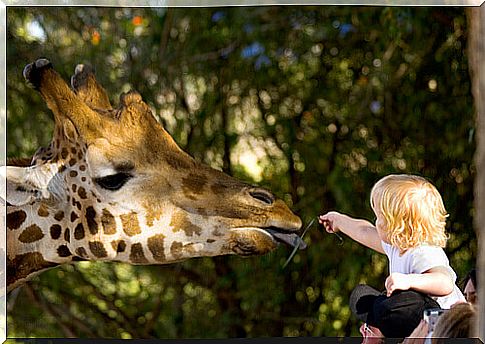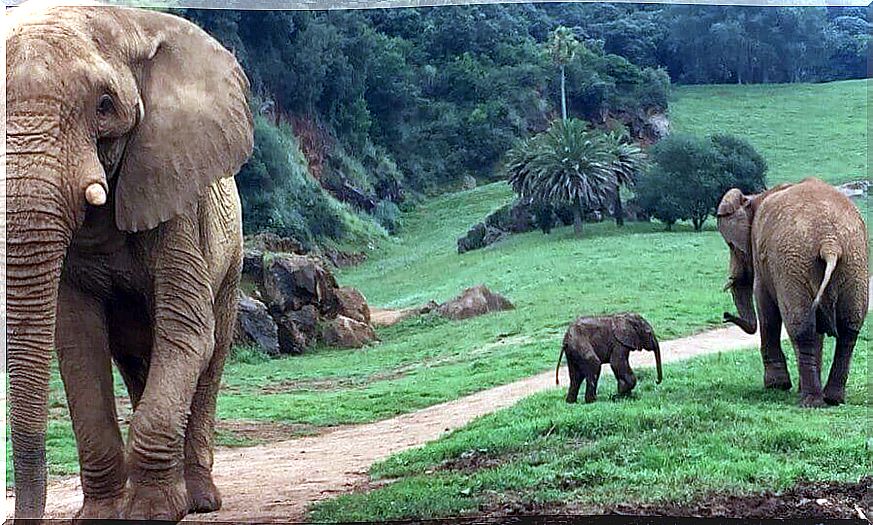Zoos As Allies Of Biodiversity

The need to protect the environment in which we live and the importance of conserving biodiversity are concerns that affect the whole of society. And in this regard, zoos are allies of biodiversity.
Legislation for biodiversity
In Europe, the Lisbon Treaty includes the development of measures to preserve and improve the quality of the environment, as well as the sustainable management of natural resources. And in Spain it is the Constitution itself that establishes, among its rights and duties, the care and enjoyment of a quality environment.
Zoos: allies of biodiversity
Zoos provide a unique opportunity to observe and learn about wild animals, and this has always generated an important fascination in the human being. Being places of leisure, they can inform the public through attractive and entertaining settings. But a good zoo is responsible not only for informing, but for educating and creating a public aware of the importance of protecting biodiversity.

To do this, zoos include:
- Experienced workers in the management and care of wild species.
- Adequate infrastructure and resources for these species.
As society has become aware of animal welfare and the conservation of biological diversity, so has its dislike for keeping wild animals in captivity just for entertainment. This means that, every time, zoos are required to justify their captivity, beyond the entertainment of the public.

Law 31 of 2003 on the conservation of wildlife in zoos establishes the requirements that a zoo must meet from the point of view of conservation. According to this standard, the keeping of wild animals in captivity and their exhibition is not justified unless the conditions and objectives of this fall within the concept of conservation. Therefore, only those who meet these premises will be able to carry out such activities.
Zoos allied to biodiversity: ‘ ex situ ‘ conservation
This type of conservation implies the maintenance of biodiversity outside its natural habitats. This is the case of zoos, but also of botanical gardens or germplasm banks.

The International Union for the Conservation of Nature advises us that a series of biological interactions are necessary for such conservation to be effective and, thus, guarantee the survival of the species. For this reason, zoos should participate in individual exchange programs in a way that maintains genetic diversity.
The Spanish Strategy for the Conservation and Sustainability of Biological Diversity establishes that the reintroduction of wild animals from captivity in natural spaces must be a fundamental part of the function of zoos.
So how do zoos help conserve biodiversity?
More than 1000 zoos and aquariums are part of a global association known as WAZA, which is why they are considered allies of biodiversity. Its functions include:
- The observation of animals, for which they motivate the public to care about their welfare and conservation.
- Cover the needs of the animals.
- The conservation of individuals that may be crucial to the survival of their species.

But captivity is not enough to protect the world’s biodiversity. It is necessary to accompany it with the conservation of natural ecosystems. Therefore, zoos work cannot be limited to housing wild animals, but must be active in ‘ ex situ ‘ conservation and in collaboration with ‘ in situ ‘ programs.









